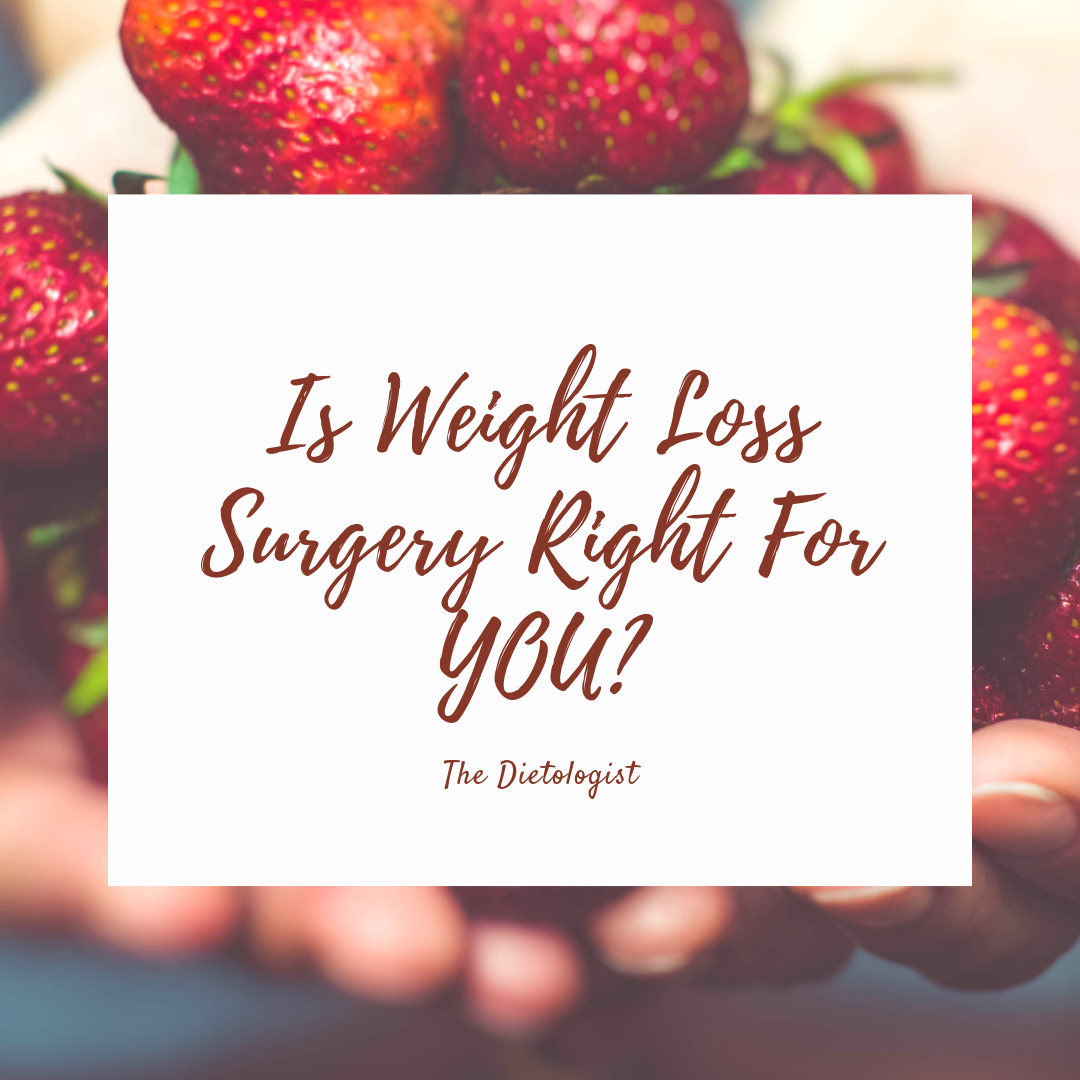WHAT MY CLIENTS WISH THEY HAD KNOWN BEFORE WEIGHT LOSS SURGERY
Last month I asked lots of my clients one question:
What do you wish you had known before weight loss surgery?
The replies I received from them were fascinating! Here are some of the things that my clients wish they had known before weight loss surgery:

They wished they had known that surgery was just a tool to aid weight loss. Surgery itself won’t change your relationship with food and many were surprised that they still experienced cravings and urges to binge. It’s really important to remember that weight loss surgery is a tool and does approximately 30% of the work in controlling real hunger. It doesn’t control emotional eating or change your thoughts and feelings about food or yourself. After working in the industry for over 29 years, most women struggle to change their thoughts and feelings around food
until they work with me . They believe the surgery or a diet will “FIX” them, but there are usually deeper issues that they have not dealt with which I help them to identify and manage.
A few days after undergoing weight loss surgery, some clients question whether weight loss surgery was the right thing to do. It’s natural to experience doubts, but once they start seeing results they realise it was definitely the right decision for them!
You can eat sliders. Sliders are foods like chocolate, ice-cream, biscuits, cake etc. You can actually drink your calories to regain the weight that you lose, so it is important to be mindful about the type of food you are consuming if you want to maintain your weight loss.
Once you have reached your lowest weight following weight loss surgery it is likely that you will gain a few pounds. This is completely normal.
You have to wait 18 months post-surgery before you get pregnant. It used to be 2 years, but this advice was changed earlier this year.
Drinking water can hurt and can taste different, as can the taste of certain foods. Taste changes to food and even water is perfectly normal.
Your nose may run. Some said that they sneezed or had hiccups when their stomach was full.
Vitamins and minerals are incredibly important. Hair and tooth loss may happen if you do not take your vitamins and minerals post surgery. Most patients start to notice hair loss around 3-6 months after surgery and while it’s usually normal and inevitable, there are some things that can be done to slow the length of time you’re dealing with it and it will eventually regrow.
Some reported losing their sex drive, experience mood swings, and women may experience changes in their periods.
Some said that they always felt cold. This is more common than you would think - fat insulates the body so as you start to lose weight you are more likely to get colder.
Some people may not be able to eat certain fruits and vegetables. This is unique to the individual person and you may need to avoid certain foods until you’re able to tolerate them.
They weren’t aware of acid reflux after a gastric sleeve, although most surgeons in the UK make their patients aware of this.
Many clients say that opening your bowels is more difficult at first after weight loss surgery, their stomachs are very noisy after surgery and the wind is really smelly. Having 30g of fibre a day helps to keep our digestive system healthy and helps to prevent constipation. Some great sources of fibre to include in your daily diet include wholegrain bread, fruit, potato with skin, vegetables, wholemeal pasta, porridge, pulses and lentils.
It’s important not to compare your weight loss to the weight loss of anyone else. The weight loss community is very supportive, but some clients found it difficult not to compare their own progress with others. Remember that everyone’s weight loss journey is unique - keep doing what you’re doing and be proud of your achievements!
Some found it difficult not to think of their eating habits as a “diet” after having weight loss surgery. While following a pre-op diet is necessary to shrink your liver, and immediately after surgery you’ll have to work through textures while your stomach is healing, I don’t believe in “diets.” Diets lead to restrictions, which can often lead to cravings and developing a binge / restrict mindset. (read my binge/restrict blog here). I like to follow an 80:20 rule, where 80% of the time I aim to eat and drink well and the other 20% I like to be more relaxed and not deprive myself of the food that I enjoy, combining this with a regular exercise routine.
Getting great support is vital when undergoing weight loss surgery and The Dietologist Support is something very special as I combine nutrition with the psychology of eating.
The surgery itself is merely a tool for weight loss - the rest is all about changing your mindset and relationship with food. Old habits and patterns will quickly come back if you don’t seek support.
We all want a quick fix, especially when it comes to weight loss. However, when it comes to lasting change in your weight and health there isn’t a quick fix option, and this is where I can help. Want to know how I can help you in your weight loss journey? Why not book a discovery call?



